Science, even in Switzerland, needs more diplomacy and more female researchers
Amidst viruses, variants and mysteries, Switzerland is lending a helping hand to scientific diplomacy to tackle future challenges such as pandemics and climate disasters.
The “war” against Covid-19 is continuing with compulsory green passes in Switzerland’s neighbouring countries, such as France, Italy and Germany. The people concerned are those unvaccinated, those still recovering from the virus or those who cannot produce proof of negative test Even the Swiss government, normally more liberal than its neighbours, has finally decided to extend the use of the Covid certificate to indoor venues such as bars, restaurants, museums and theatres in order to encourage the vaccination of those who are hesitant; especially with autumn just around the corner and the risk of seeing more hospitalisations.
To find out more about anti Covid-19 measures in place in Switzerland, read our article.
So far in Switzerland, there is no particular requirement for educational establishments, but with the start of the new academic year, universities are divided over the use of the certificate to admit students to classrooms. My colleague Isobel Leybold-Johnson has described the measures taken so far in the various Swiss universities and the contrasting reactions of those who attend them. While part of the academic body welcomes the use of the certificate, the Swiss Union of University Students demands that access to education be guaranteed for all.
While countries such as the United States, the United Kingdom and France are starting to administer the third dose of the vaccine, Switzerland has one of the lowest proportions of people in Europe who have received the two doses, as do Greece, the Czech Republic and Estonia. Many cantons are therefore taking steps to strengthen their contact tracing system.
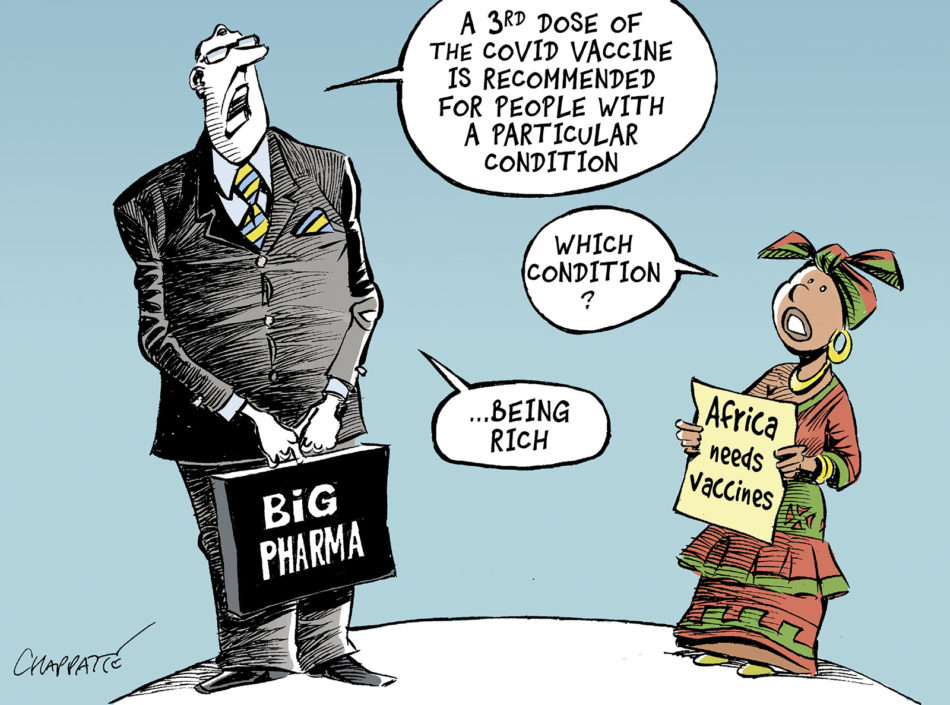
But these measures may not be enough. ETH immunologist Sai Reddy said that a “super variant” of the coronavirus – combining several existing strains – could emerge, making vaccination alone insufficient. “That is why we have to prepare for several rounds of vaccinations in the coming years, which will be continuously adapted to the new variants,” the scientist said.
What do you think? Are the current measures sufficient to counteract the evolution of the coronavirus? Let us know your opinion.
More
The origin of Covid-19 still a mystery
Many questions remain about the evolution of the pandemic, but one mystery remains unsolved: the origin of the SARS-CoV-2 virus. The issue is highly politicised and instrumentalised, but the investigations, now stalled, should continue, request the scientists who authored the first report on the genesis of Covid-19 by the World Health Organisation (WHO). According to them the window of time for fundamental scientific studiesExternal link is closing.
The intermediate animal that transmitted the virus to humans has not yet been found. Moreover, Beijing’s obstruction of the investigation, which continues to refuse to share raw data on the first cases of Covid-19 and the experiments at the Wuhan Institute of Virology, adds fuel to the fire and supports the laboratory accident hypothesis. The consensus among virologists working in Switzerland tends towards zoonosis, but there are those who think the laboratory accident theory should be taken more seriously. SWI swissinfo.ch will be looking at the issue in a forthcoming article. Here is an exclusive preview:
The search for the origins of Covid-19 is controversial and complex. China has never been fully cooperative and transparent and has so far always denied access to complete data and samples. This has hampered the work of the WHO, which sent a team of independent researchers to Wuhan between January and February 2021 to carry out in-depth investigations. Despite the difficult collaboration with the Chinese government, the WHO has rejected the laboratory accident hypothesis in its global study on the origins of SARS-CoV-2, labelling it “extremely unlikely” but based on incomplete data.
“We have to take both hypotheses [zoonosis and laboratory accident] seriously until we have sufficient data,” Richard Neher, professor and expert on virus evolution at the University of Basel, tells swissinfo.ch.
What do you think about the debate on the origin of Covid-19? Do you think it is important to know the truth about what caused this pandemic? Let us know your opinion.
Scientific diplomacy as a glue between nations
The challenges posed by the pandemic and technological progress underline the importance of dialogue between science, society and governments to anticipate future threats and innovations. Scientific diplomacy could encourage the transition to a universal science and promote the commitment of all nations to common solutions.
This is why the Swiss Confederation, together with the Canton and the City of Geneva, have created a new event that brings together science and diplomacy through a renewed form of multilateralism. We are talking about the GESDA (Geneva Science and Diplomacy Anticipator) Summit 2021External link, which will be held in Switzerland’s most international city between 7 and 9 October. As a media partner, SWI swissinfo.ch will be present at the event to cover topics such as decarbonisation, ocean and coral protection and the quantum revolution.
Science is a woman
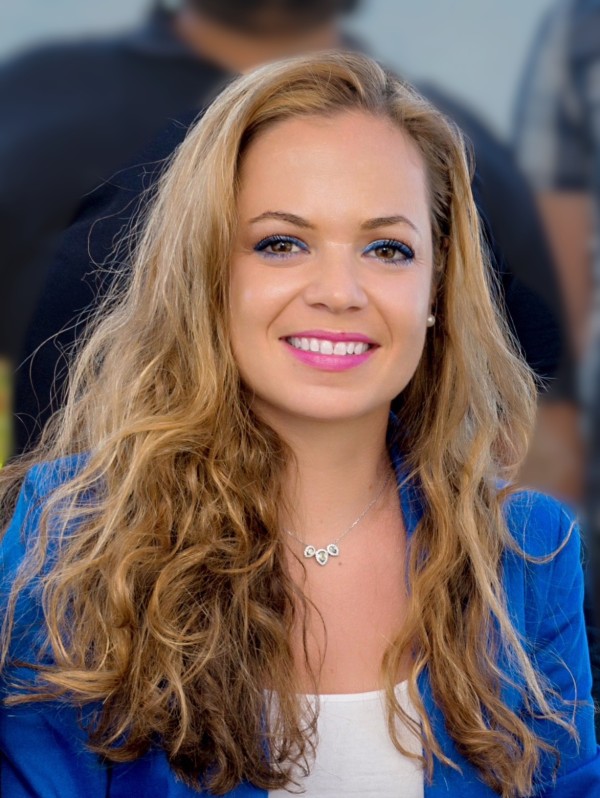
Another challenge facing the world of science is the presence of more women in still very male-dominated fields such as engineering, computing and robotics. According to the UNESCO UIS Institute for Statistics, less than 30% of the world’s researchers are women. In Switzerland, the percentage of female professors stands at 23%, below the European average. What can be done to reduce the gender gap and make science more inclusive? Following one’s own path and becoming a role model is the answer, according to Margarita Chli, professor and head of the Vision for Robotics Lab at the Swiss Federal Institute of Technology Zurich ETH. Margarita opens the new series of SWI swissinfo.ch on women in science that we will be proposing in the coming months. The theme is also very dear to the NCCR Robotics – the Swiss National Centre of Competence in Robotics Research – with which SWI swissinfo.ch collaborates. Here is an extract from the interview, which you will see online shortly:
“Once someone made me think about the fact that my career path was not accessible to women 20 years ago. This is a big responsibility, but also a very exciting opportunity. My dream is to be a good role model and inspiration, someone who attracts both young men and young women to the world of science because: ‘I would like to become like her’. I would like to show everyone what robotics can do for our society and add a little piece in the wall of what makes it better. But who, after all, dreams of anything different?”
Do you have comments, remarks or questions about the latest news from the world of science? Let’s talk about it over a (virtual) coffee.
Don’t miss our latest stories on the world of science and technology in Switzerland:
What if CO2 emissions started to fall? The Swiss company Climeworks has just opened in Iceland the world’s largest plant for the capture and permanent storage of carbon dioxide from the air:
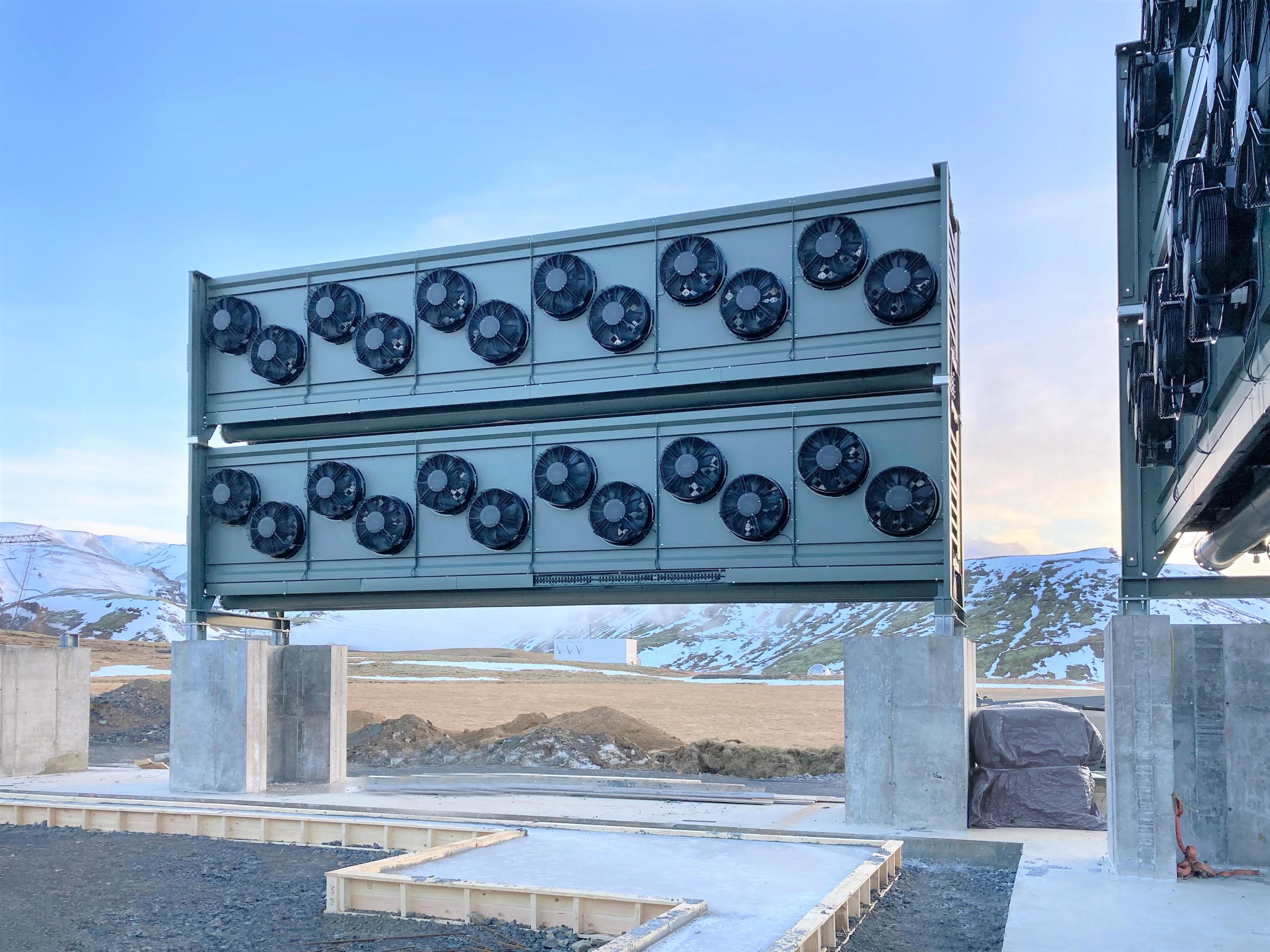
More
Using Swiss technology to store CO2 in Iceland
Batteries are everywhere. Major European and Swiss research initiatives are trying to meet the demand for innovation in the battery sector:
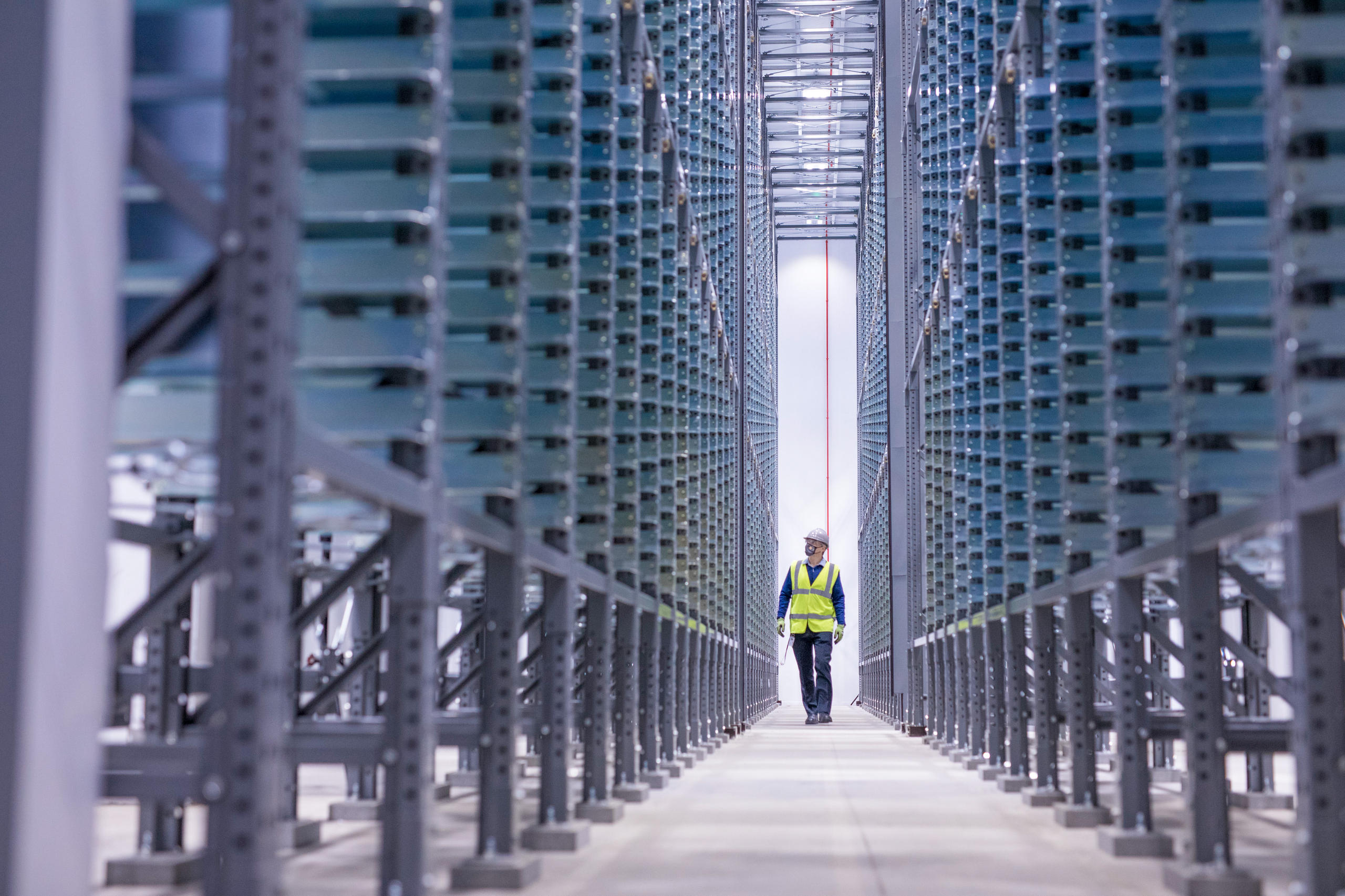
More
Next-gen batteries: Swiss researchers help lead the charge
There is no anonymity on the Web. The arrest of a climate activist who used the Swiss ProtonMail e-mail service confirms that there is no anonymity on the Web:
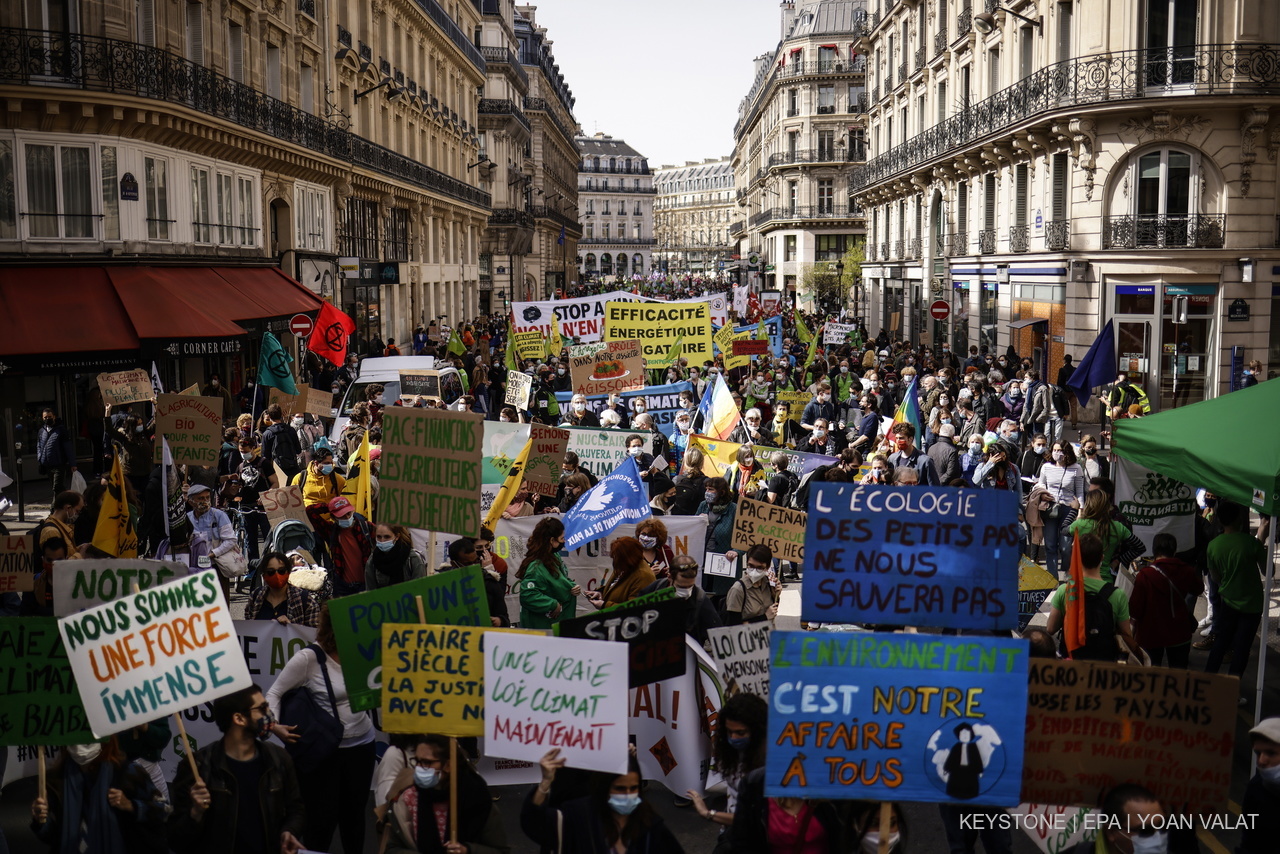
More
ProtonMail case tarnishes Swiss privacy reputation
A new pumped-storage and turbines plant in Switzerland could give a significant boost to the development of renewable energies in Europe:
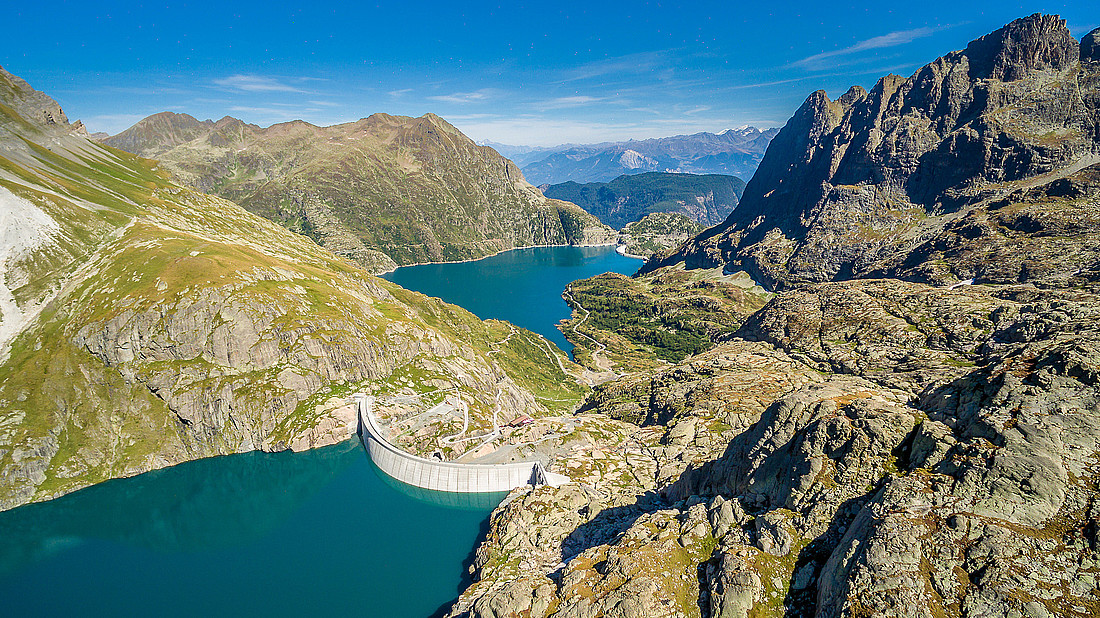
More
Inside Switzerland’s giant water battery

In compliance with the JTI standards
More: SWI swissinfo.ch certified by the Journalism Trust Initiative









You can find an overview of ongoing debates with our journalists here . Please join us!
If you want to start a conversation about a topic raised in this article or want to report factual errors, email us at english@swissinfo.ch.